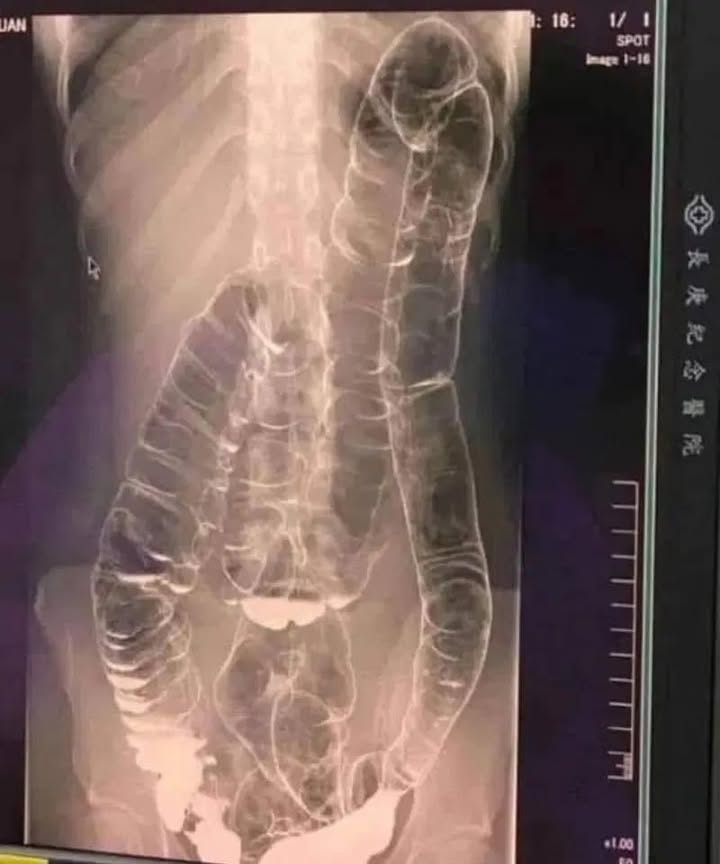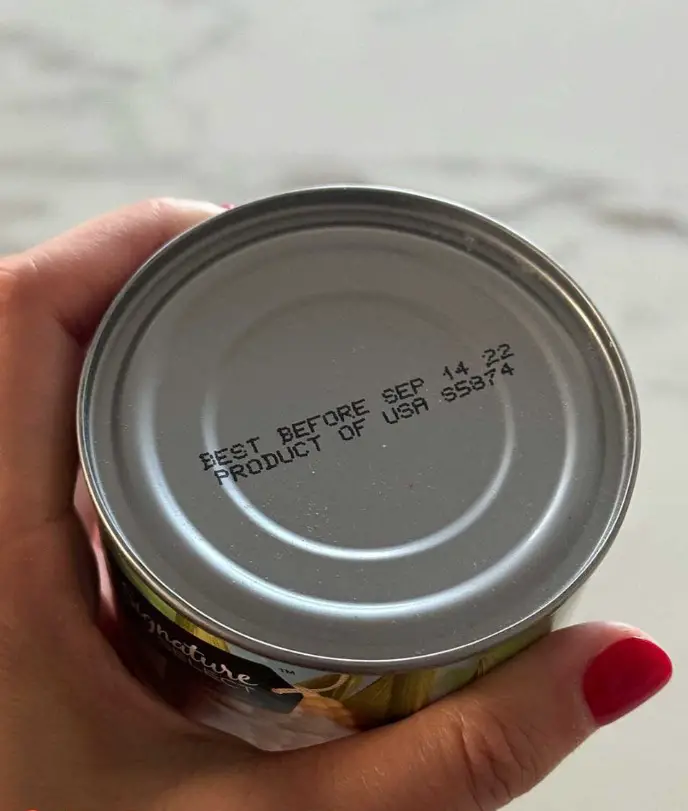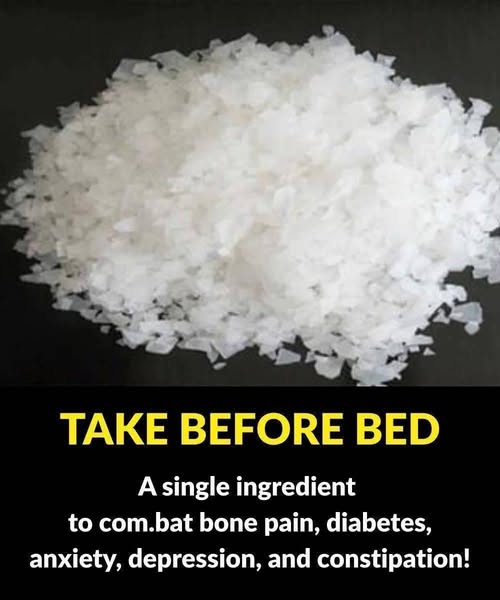X-ray Of Young Woman Constipation
Chronic constipation is a common yet often overlooked issue that affects many individuals, particularly young women. When symptoms persist for more than two weeks, a doctor’s consultation becomes essential for diagnosis and treatment. Using X-rays to assess the gastrointestinal tract can provide valuable insights into the underlying causes of constipation.
Understanding the X-ray Results
The X-ray may reveal various conditions, such as impacted stool, structural abnormalities, or signs of intestinal obstruction. A doctor will analyze these images in conjunction with the patient’s history and symptoms to determine the best course of action. If the X-ray shows a significant amount of stool accumulation, this could indicate severe constipation that may require medical intervention.
Tips to Relieve Chronic Constipation
- Increase Fiber Intake: Incorporate more fruits, vegetables, whole grains, and legumes into your diet. Aim for at least 25-30 grams of dietary fiber daily to improve bowel regularity.
- Stay Hydrated: Drinking sufficient water is crucial for digestion. Aim for at least 8 glasses of fluid each day, which helps soften stool and promotes movement through the intestines.
- Exercise Regularly: Engaging in regular physical activity can stimulate intestinal function. Aim for at least 30 minutes of moderate exercise most days of the week.
- Establish a Routine: Train your body to have regular bowel movements by establishing a consistent schedule. Allow time for relaxation in the bathroom without distractions.
- Avoid Holding It In: Respond to natural urges promptly. Ignoring the urge to have a bowel movement can lead to further complications.
- Consider Probiotics: Probiotics can help maintain gut health. Foods like yogurt, kefir, and supplements may improve digestion and alleviate constipation-related issues.
- Consult a Healthcare Provider: If symptoms persist despite making lifestyle changes, a healthcare provider may recommend laxatives or further testing to identify underlying conditions.
Conclusion
Understanding the diagnostic process and potential lifestyle changes can provide relief for chronic constipation. Empower yourself with knowledge and communication with your healthcare provider to achieve better digestive health.






